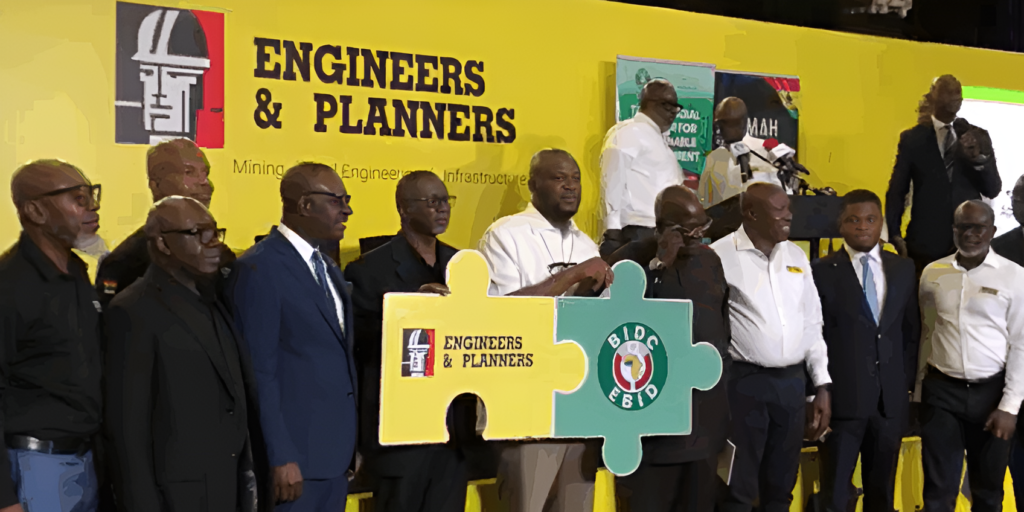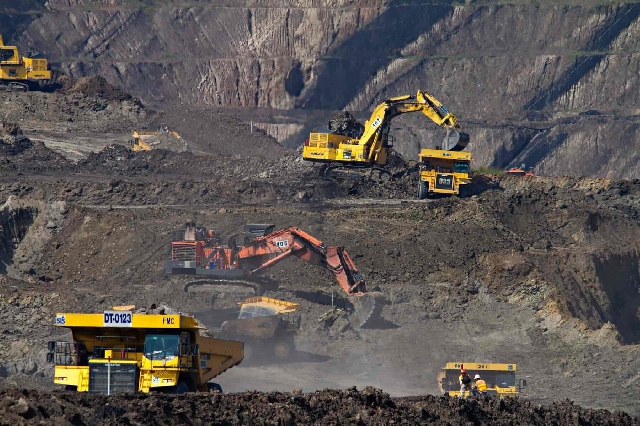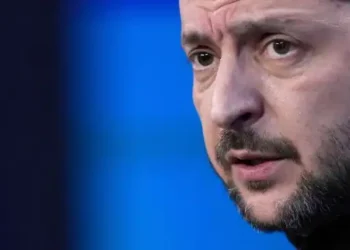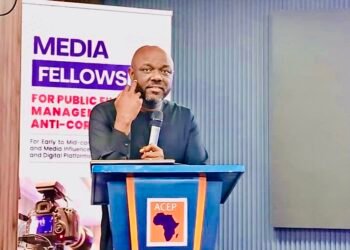A protracted dispute between Azumah Resources and Engineers & Planners (E&P) over a five-year mining lease is finally edging toward resolution, following the personal intervention of Ghana’s Minister for Lands and Natural Resources, Emmanuel Armah-Kofi Buah.
The settlement could unlock the development of a major mineral project in which the state holds equity, offering long-awaited economic benefits to the country and surrounding communities.
Speaking at the Government Accountability Series, Hon. Buah revealed that a formal letter issued by his office had prompted a shift in the stalemate between the two companies. His correspondence led to what he described as “meaningful engagement,” ultimately triggering a breakthrough in negotiations.
“I am happy to inform you that after that letter, these two companies have really made progress.
“In fact, I’ve received the letter from Azumah Resources informing me that they will reach a very conclusive agreement with E&P, and that should tell you that the letter has impacted.”
Hon. Emmanuel Armah Kofi Buah, Minister for Lands and Natural Resources
The dispute, which had stalled operations for months, revolved around the terms and execution of a mining lease involving the two firms.
While both sides maintained different positions over financial obligations and operational control, the broader impact of the impasse was felt at the national level.

The delay in launching the project threatened to undercut key government priorities, including revenue generation, taxation, and job creation.
“Ghana is a shareholder in that enterprise, we have 10% in that enterprise.
“Any delay in continuing the exploitation of that resource affects the people of Ghana directly, in terms of revenue, taxes, and empowering the people in those areas.”
Hon. Emmanuel Armah Kofi Buah, Minister for Lands and Natural Resources
The Minister’s reference to Ghana’s 10% carried interest underscores the strategic nature of the mineral asset at the center of the dispute.
Unlike royalty payments, a carried interest entitles the state to a share of profits without having to contribute to the upfront capital costs. It’s a critical fiscal tool for resource-rich countries like Ghana to benefit more equitably from natural resource extraction.
Industry watchers believe that resolving the Azumah-E&P deadlock could serve as a model for other conflicts in the sector, showing how proactive government mediation can resolve disputes without drawn-out litigation or costly arbitration proceedings.
It also underscores the state’s commitment to safeguarding its stake in resource ventures and ensuring that corporate disagreements do not stall national development.
MDF Boosts Mining Communities

In a related statement, Mr. Buah highlighted the crucial role of the Minerals Development Fund (MDF) in ensuring that host communities share in the wealth generated by mining.
He explained that 20% of mineral revenue allocations are channeled through the MDF to finance essential infrastructure and services in mining districts.
“The MDF is an institution whose mandate is to supervise the allocation of mineral funds to the mining districts in the country.
“That 20% is basically to enrich the lives of people in these mining areas.”
Hon. Emmanuel Armah Kofi Buah, Minister for Lands and Natural Resources
The MDF’s work ranges from constructing schools and health centers to upgrading local roads and sanitation systems, projects that aim to transform the often-overlooked communities where mining takes place.

The government’s renewed emphasis on the MDF reflects a broader strategy to deepen local participation and accountability in Ghana’s mining sector.
While final terms of the Azumah-E&P settlement have not yet been made public, the Minister’s statement signals that a formal agreement is imminent.
Once concluded, the deal will pave the way for the activation of the mining lease and the start of operations on a site with significant economic promise.
Stakeholders in Ghana’s extractive industry have welcomed the news, noting that the speedy resolution of high-stakes disputes is essential for investor confidence and long-term planning.
For local communities, the prospect of renewed operations brings hope for employment opportunities and development projects—outcomes that have been on hold during the legal standoff.
With the government stepping up its oversight role and the parties moving closer to consensus, the Azumah-E&P conflict may soon be history, setting the stage for Ghana to benefit from one of its most promising new mineral ventures.
Read Also: Banking Sector Shakeup: Five Ghanaian Banks Under Intense BoG Scrutiny Over Capital Failures



















